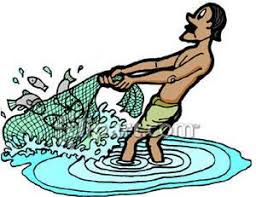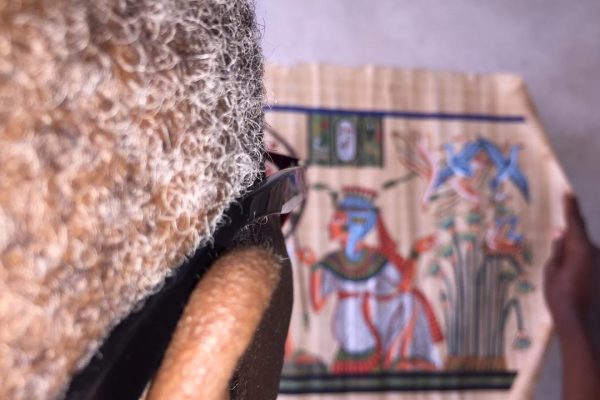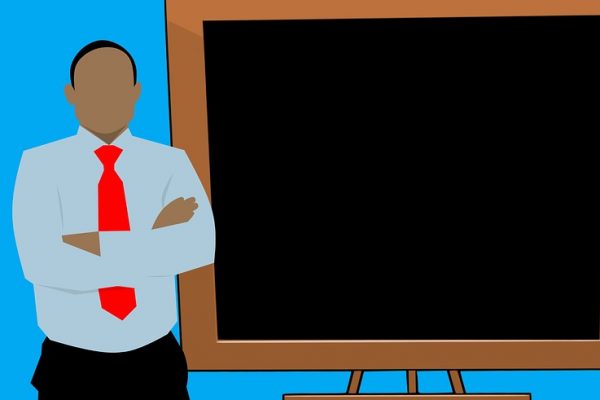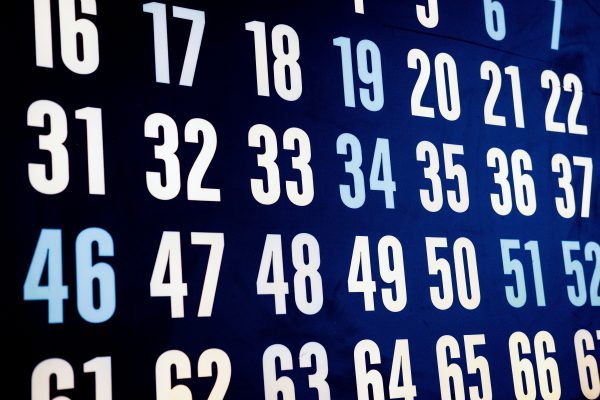Learning a new language is a very interesting phenomenon; but, sometimes, it is not without its own downsides. More often than not, an Igala language student is faced with occasional interference, either from another language or other language varieties, mostly through code-switching. Wikipedia defines code-switching as “language alternation,” describing a situation where a speaker ‘alternates’ from one language to another without control. It is true that the Igala alphabet descended from the English alphabet; but […]
IGALA TRADE THROUGH THE AGES
The Igala race has, down the ages, traded with neighbours far and near, transiting from one legal tender to the other, beginning with the ‘barter’ system. Time was when cowry shells (ẹ́yọ́-ọkọ́), were obtained from the Maldives Island on the Pacific Ocean and used as a medium of exchange worldwide. Thereafter, brass or copper bracelets (údẹ) came, doubling as both a legal tender and body ornaments. Then came the era of printing and minting of […]
Origins: Genealogy Bonds Ethnicities
Like twin infants exchanged in their cots in a maternity ward at birth, groups of ethnic nationalities in my African country act like strangers to one another. Whereas, if they were a bit more careful, they would know that there is a supernatural bond of common patrilineal ancestry tying them together. If they had carefully studied these so-called strangers’ family pedigrees, their peculiar animal totems and traces of lexical commonalities between their two languages, they […]
The Igala Alphabet
The website’s in-house teacher has assumed duty in the Kigala Klassroom, beginning his teaching of Igala language from the cradle – the ABC of education, the alphabet. When a child is born, its mind is completely clean, like a blank slate or tabula rasa. Then, physical impressions and psychological responses come together to influence its mind. The child’s first teacher is, naturally, its mother; later, the nursery school teacher joins her in his education, beginning […]
Numbers Pool – Álúkà
Historical Background Since the beginning of time, the Ígáláà have evolved a system of counting that stretches to large numbers beyond the imagination of the modern Igala youths and adults. Through this ancient system, Igala ancestors, who were predominantly farmers, were able to take record of their properties: the heaps they constructed in one day, the harvest of yam tubers, sacks of grains, and, of course, the cowries earned at the end of a market […]





